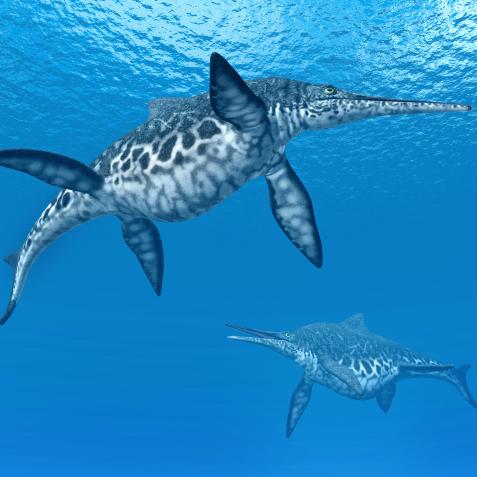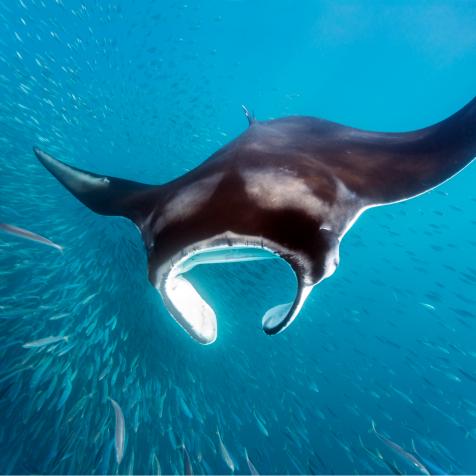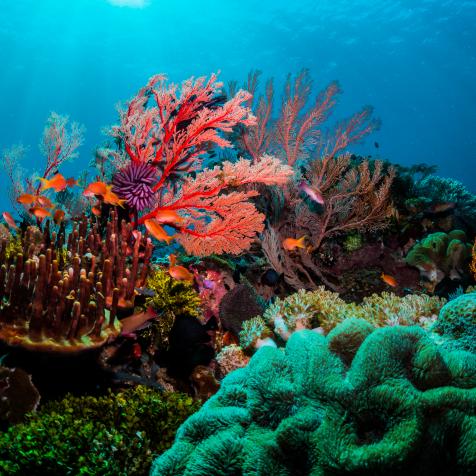
Getty Images
99 Percent Of The Earth's Species Are Extinct—But That's Not The Worst Of It
There's been a vast diversity of life that has existed is now extinct.
If you were to list out every species that has ever existed on Earth—from the tiniest mold spore to the largest mammal—biologists estimate that somewhere around 99 percent of those species would currently be extinct.
How Do We Know?
Paleontologists are routinely finding fossils of new species that have never been discovered, not to mention the living species we're discovering every year. So if we don't know every species that has ever existed, how can scientists say how many are extinct? It's a numbers game. Scientists know that plants and animals only fossilize under special conditions: usually in sedimentary rock, and almost exclusively if the species has hard features like bone, shell, or teeth. They also know that a lot of fossils have been lost to tectonic activity, and many more still are just impossible for us to access. By combining their knowledge of these limits, how much rock is out there, and how many species we've already discovered, they can intelligently say that our list of known species is only a miniscule fraction of those that actually lived. That's why they say that the vast, vast majority of life that has existed is now extinct.
What Caused It?
Good news: according to experts, the vast majority of species died out from what is essentially old age. A species generally sticks around for anywhere from 1 million years (for mammals) to 11 million years (for marine invertebrates). But don't get too comfortable. The planet has also been through five mass extinction events, starting at about 440 million years ago. The worst was the third extinction, which took place around 250 million years ago and wiped out 96 percent of life on Earth. To paraphrase Jeff Goldblum, life found a way, setting the stage for the fourth and eventually the fifth extinction. That's the famous one that most experts think was caused by a huge meteorite hitting the Earth around 65 million years ago, killing off around 88 percent of then-existing species. Bye bye, dinosaurs!
What about now? Experts believe that a sixth mass extinction is on its way. Estimates vary, but somewhere between a few dozen to more than a hundred species go extinct every day. At that rate, it would only take a few tens of thousands of years to wipe out the same number of species as the third mass extinction. This time, however, we can't point to a meteorite as the cause. We only have ourselves to blame.
This article first appeared on Curiosity.com.


















